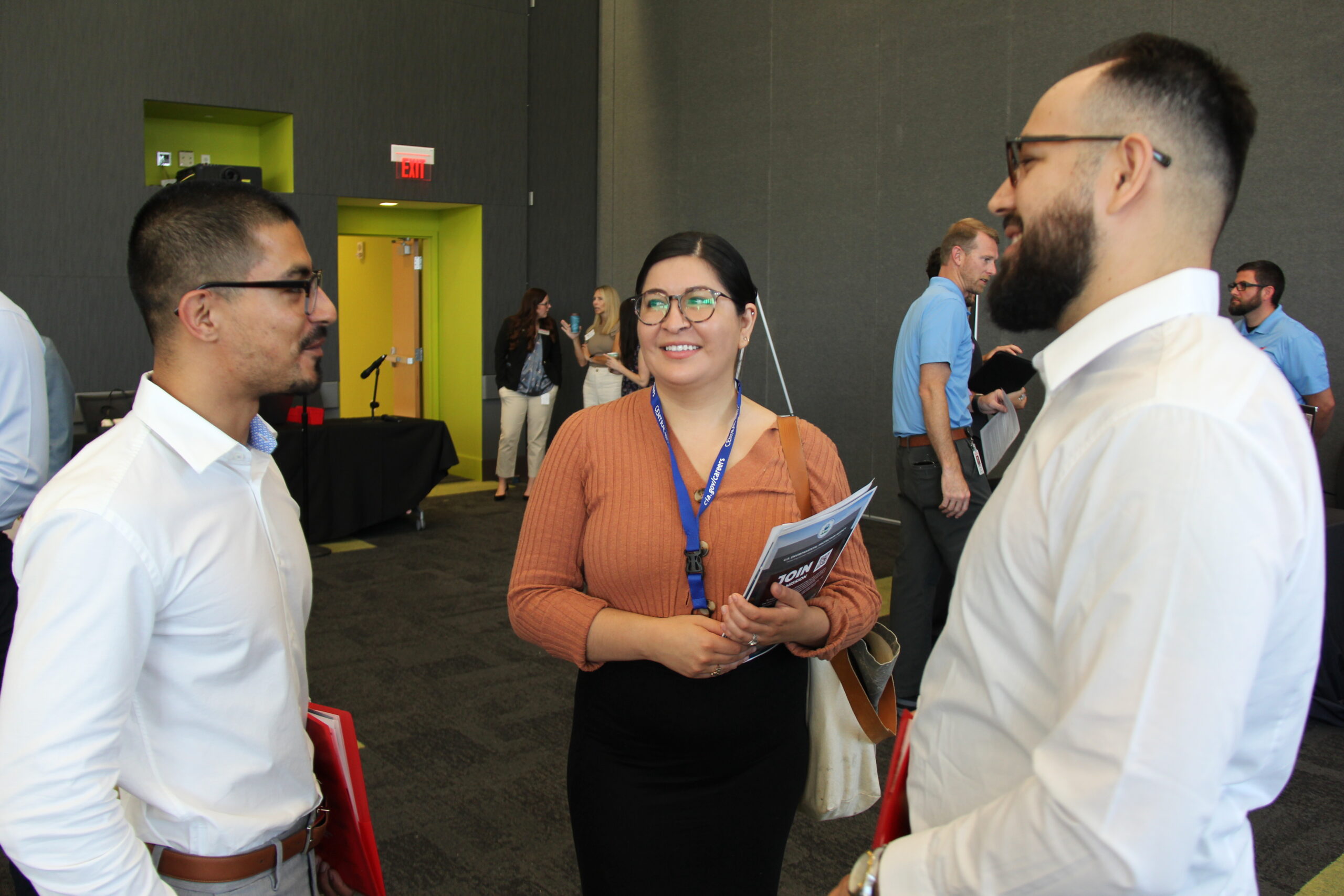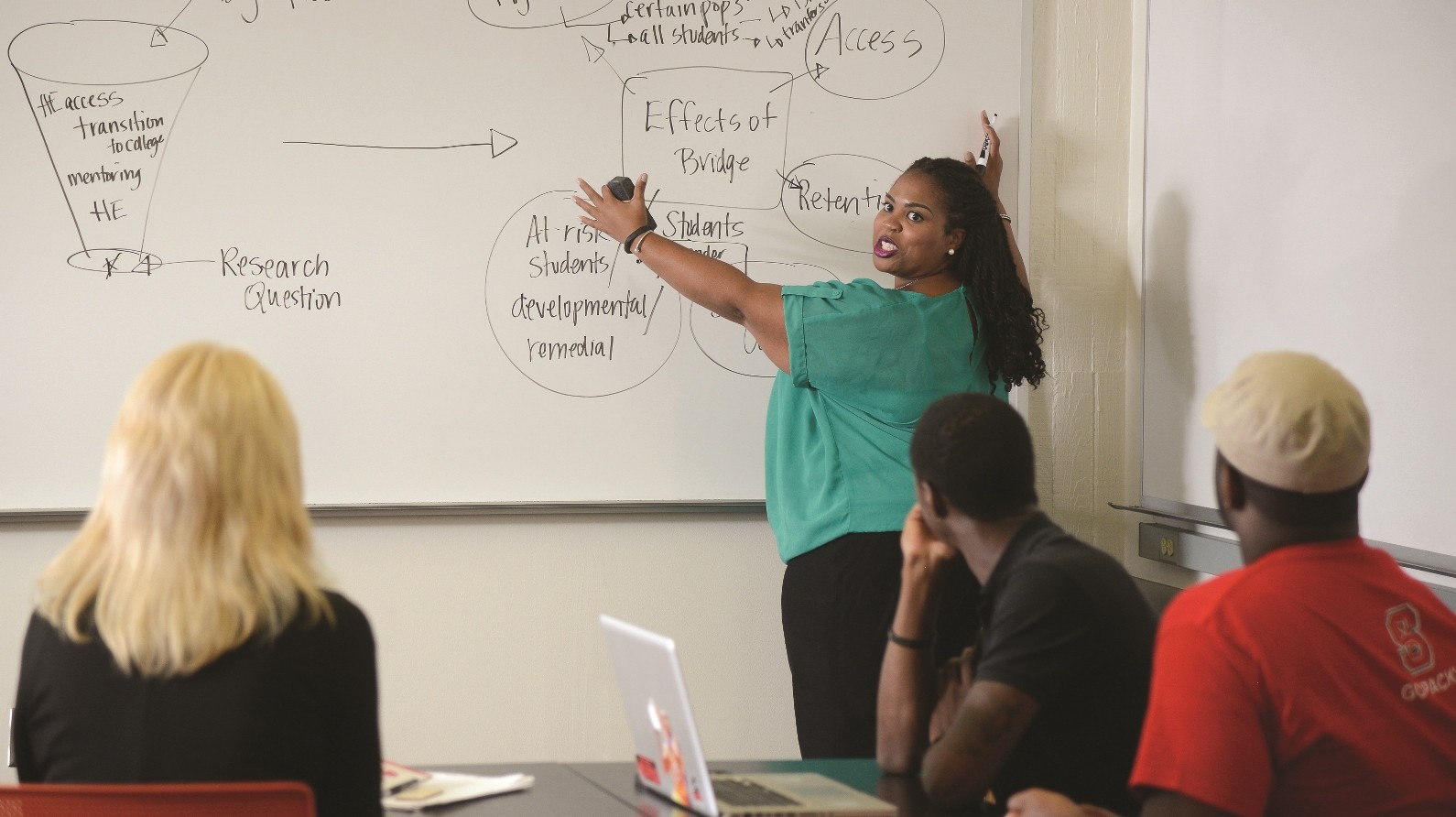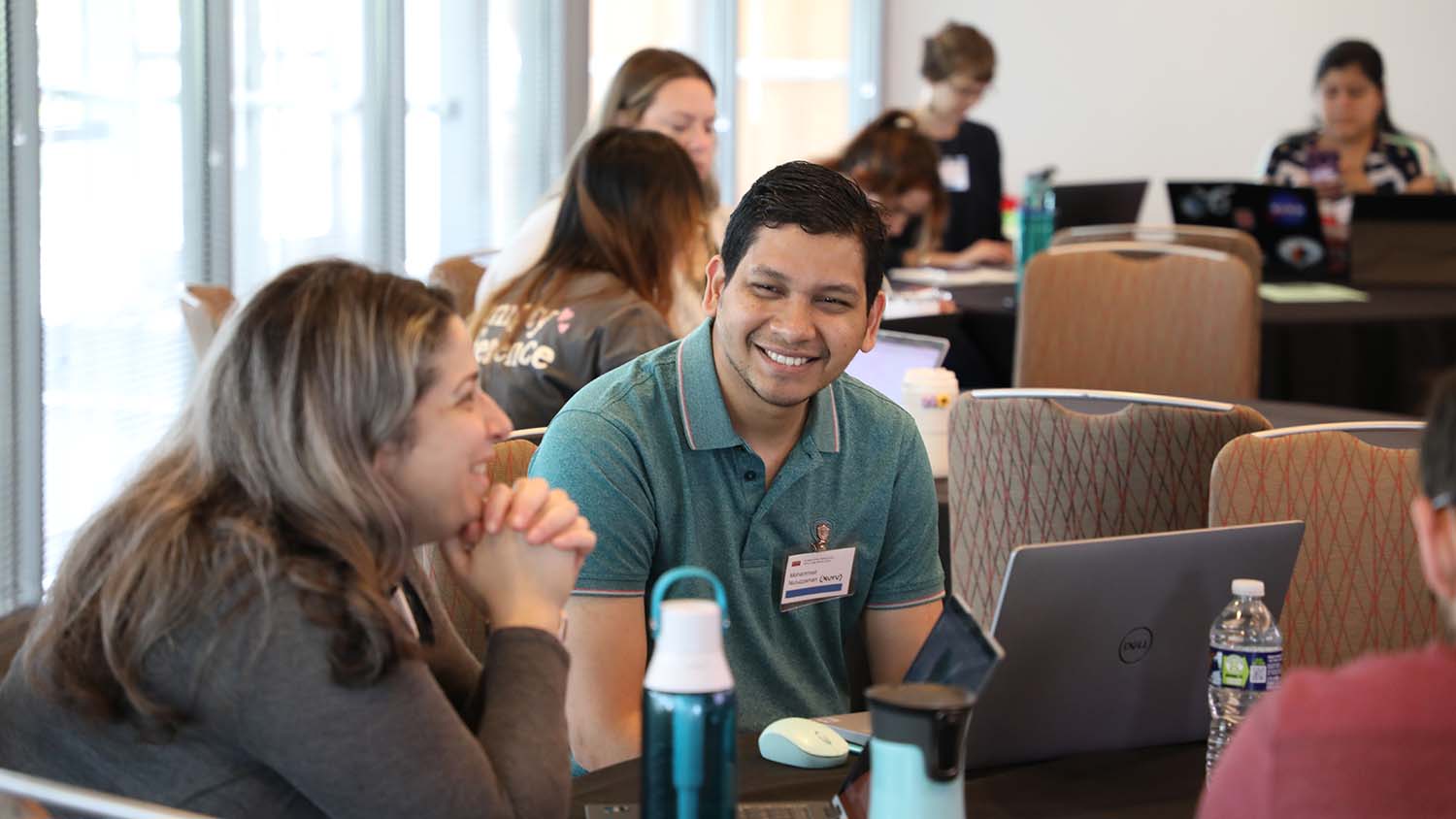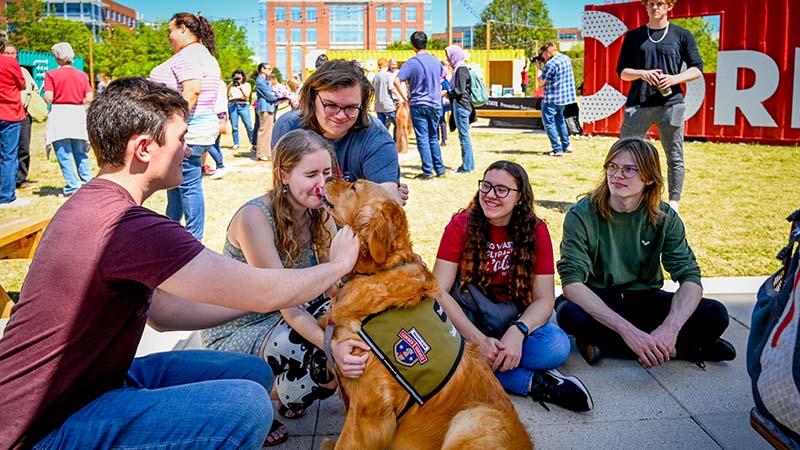Professional Development Workshops

Prepare for your Profession!
Register for our workshops
The Graduate School offers an array of career preparedness, communication skills, leadership, teaching, and wellness programs which are broken down by five competency areas. If you are not sure where to start with your professional development, go to our Getting Started page for guidance.
All workshops and development series adhere to the attendance policy and the synchronous Zoom workshop policy.
If you are unable to attend a workshop you registered for, you can cancel by going to the Cancel Registration page.
Note: When you register for a workshop, please enter your correct NC State email address on the registration form so that the system will correctly add you to the registration list. Thank you!
May
Communication Skills: In-Person Writing Retreat (May 5 & May 6)
The two-day In-Person Writing Retreat Sprint offers graduate and postdoctoral writers the dedicated time and structure to make progress on a major writing project, as well as resources for writing strategies and guest speakers about campus writing and research resources. This event requires a $40 registration fee.
May 5, 9 a.m. -4 p.m.; College of Textiles Convocation Center Room 2225
May 6, 9 a.m. -4 p.m.; College of Textiles Convocation Center Room 2225
Communication Skills: Professional Emails (May 27)
Contact colleagues at NC State and beyond with tact and ease! In this workshop, you will gain strategies for crafting effective professional emails. Specifically, participants will practice and discuss strategies for: organizing a professional email message, making inquiries and requests, and creating a professional tone or voice in email.
May 27, 12 p.m. -1 p.m.; Zoom
Communication Skills: Writer’s Toolkit (May 30 & June 6)
In this two-part workshop we will focus on strategies for planning and managing a writing project and fundamental tips for structuring writing for a variety of contexts. Participants will clarify their writing goals and learn strategies to implement on current and future writing projects. We will use different genres of writing projects as case studies, so participants will also gain tips for summarizing, paraphrasing and synthesizing their writing projects.
May 30, 12 p.m. -1:30 p.m.; Zoom
June 6, 12 p.m. -1:30 p.m.; Zoom
June
Communication Skills: Basics of Finding Fellowships & Grants (June 3)
In this workshop we will learn how to approach finding fellowship and grant opportunities. We will discuss developing a plan for locating relevant fellowship and gran, while also learning more about the types of opportunities available for your own interests.
June 3, 10 a.m. -11:30 a.m.; Zoom
Communication Skills: Writing Personal Statements & Narratives (June 10)
Combining personal writing and academic writing can be a challenge, especially when it comes to applications. In this workshop we will explore how to write personal statements and narratives for fellowship and grant applications.
June 10, 10 a.m. -11:30 a.m.; Zoom
Communication Skills: Writing Research Statements (June 17)
Developing a concrete research statement is a requirement for many graduate academic and research opportunities. Through this workshop we will craft research statements that can be used for fellowship and grant applications. We will discuss challenges to this type of writing, while also considering techniques to enhance your writing.
June 17, 10 a.m. -11:30 a.m.; Zoom
Communication Skills: User-Friendly Writing (June 20 & June 27)
In this two part workshop, we address the challenges of conveying your research story in a persuasive way for technical and nontechnical stakeholders. We will focus on various structures of writing across STEM and humanities fields to include organization and interpretation of results. These will include technical/non-technical reports, results & discussion sections or articles and theses, and similar types of writing projects.
June 20, 12 p.m. -1:30 p.m.; Zoom
June 27, 12 p.m. -1:30 p.m.; Zoom
Communication Skills: Revise & Refine: Fellowships & Grants Workshopping Session (June 24)
Wanting more one-on-one feedback on your fellowship and grant application? This workshop session is available by appointment for specific feedback and workshopping on an application you are developing or hoping to apply for in the future.
June 24, 10 a.m. -11:30 a.m.; Zoom
Communication Skills: Concise Communication (June 25)
Do people say that you communicate too much verbally or in written form? If so, join the Graduate School for Concise Communication, formerly Concise Writing. This interactive workshop will address the challenge of building clear, concise sentences to communicate your science to diverse stakeholders. Using Richard Lanham’s famous “Paramedic Method” and other approaches, participants will leave the session with strategies for user-friendly sentences in reports and other areas of workplace communication.
June 25, 12 p.m. -1:30 p.m.; Zoom
Accommodation Requests
In compliance with the Americans with Disabilities Act, NC State will honor requests for reasonable accommodations made by individuals with disabilities. Requests can be served effectively if notice is provided at least ten days before the event. Direct accommodation requests for professional development programs to professional-development@ncsu.edu.




